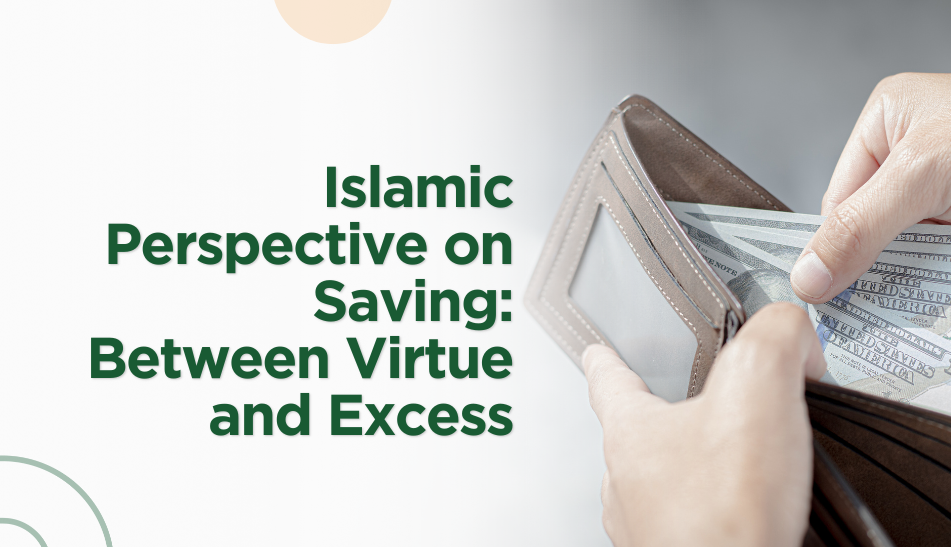Physical Address
304 North Cardinal St.
Dorchester Center, MA 02124
Physical Address
304 North Cardinal St.
Dorchester Center, MA 02124

Saving money is an important habit to manage your finances wisely. In Islam, saving money is not only about setting aside money, but also reflects Shariah values such as sincerity, planning, and avoiding waste. This article will discuss how to save money according to the Islamic view, complete with Shariah principles and practical tips to apply in daily life.

In Islam, saving money is part of the management of wealth that is recommended, as long as it is done with the right intention and does not contradict the Sharia. The Qur’an emphasizes the importance of good stewardship of wealth, as Allah says in Surah Al-Isra verse 29: “And do not let your hands be tied around your necks and do not overextend them so that you become disgraced and sorry.”
This verse teaches the balance between frugality and generosity, which is the basis of saving in Islam. Saving is not a form of greed, but rather an effort to prepare for future needs, such as education, marriage, or the pilgrimage, while still prioritizing zakat, infaq, and sadaqah.
Here are the principles of saving money in accordance with Islamic teachings:
Financial Planning: The Prophet Muhammad (SAW) taught the importance of planning, as in the hadith: “Whoever’s today is better than yesterday is a lucky person.” Saving is part of wise financial planning.
Here are practical steps to save in an Islamic way:
a. Set a Clear Saving Goal Set a saving goal that is in line with Islamic values, such as for Hajj, Umrah, children’s education, or emergency needs. A clear goal will motivate you to save consistently.
b. Set aside Funds Regularly Allocate a portion of your income for savings every month. In Islam, it is recommended to set aside savings after fulfilling basic needs and zakat obligations. For example, use the 50-30-20 method: 50% for basic needs, 30% for wants, and 20% for savings and alms.
c. Choose Sharia Savings Instruments Use sharia-based savings products, such as mudharabah or wadiah savings in Islamic banks. These products are free from usury and in accordance with Islamic principles. You can also consider gold savings or sharia investments to protect the value of your savings from inflation.
d. Avoid Unnecessary Debt Debt in Islam is allowed only for urgent needs and must be free from usury. By saving, you can reduce your dependence on debt for future needs.
e. Pray and Be Grateful Saving in Islam is not only about material, but also spiritual. Pray that the sustenance saved will be a blessing, and always be grateful for the blessings that Allah gives.
Saving in the Islamic view is a form of responsibility towards the wealth that Allah has entrusted. With sincere intentions, selection of sharia instruments, and discipline in financial management, saving not only helps achieve worldly goals, but also brings blessings in the hereafter. Start saving now with small steps, and make every rupiah you save a good deed.
#HowtosaveinIslam #Shariahsaving #Islamicfinancialmanagement #Ribafreesavings #PrinciplesofsavingintheQur’an